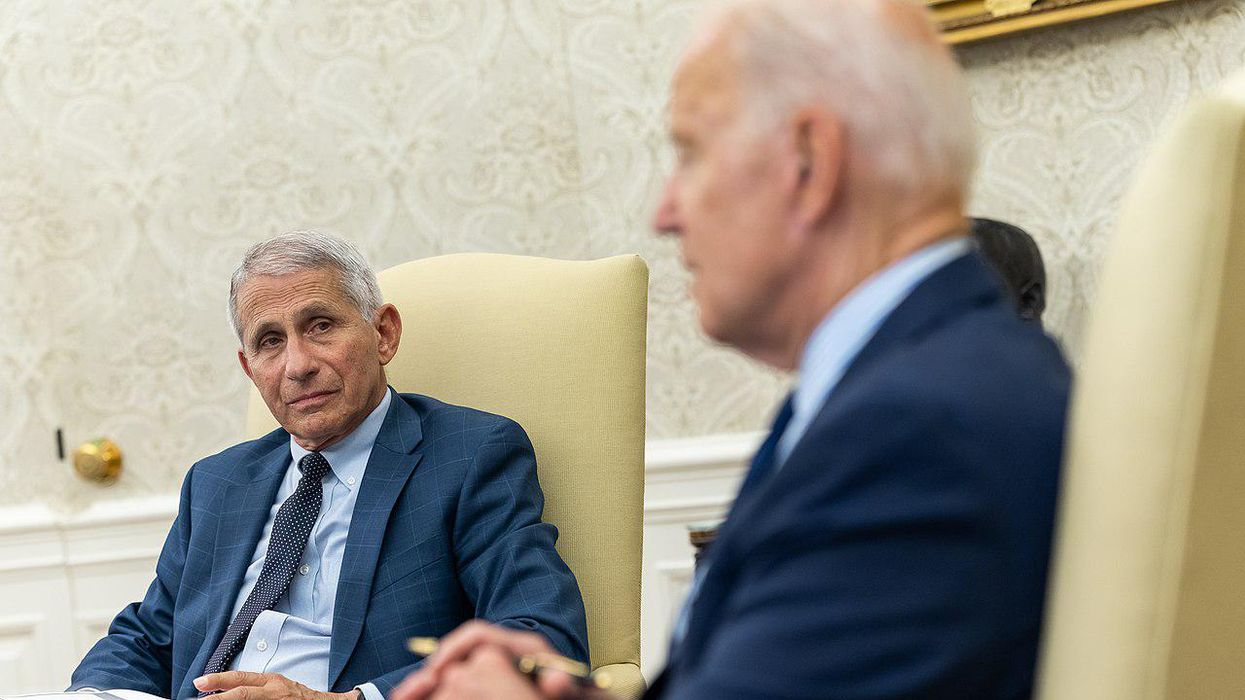Two years into the COVID-19 pandemic — which has killed more than 5.3 million people worldwide, according to Johns Hopkins University in Baltimore — the world is facing a new threat: COVID-19’s Omicron variant. Medical researchers still have a lot to learn about Omicron, which is spreading rapidly in the United States as well as in Europe, Africa (where it was first reported) and Latin America. And they cannot say for sure exactly how it will behave compared to the Delta variant and other forms of the virus that causes COVID-19. But journalist Ed Yong, in an article published by The Atlantic this week, warns that however Omicron behaves, the U.S. is woefully unprepared for it.
“America was not prepared for COVID-19 when it arrived,” Yong argues. “It was not prepared for last winter’s surge. It was not prepared for Delta’s arrival in the summer or its current winter assault. More than 1000 Americans are still dying of COVID every day, and more have died this year than last. Hospitalizations are rising in 42 states…. And now comes Omicron.”
For his article, Yong interviewed virologist John Lowe and other medical experts. Yong writes that the United States’ health care system is “already overwhelmed,” noting that according to Lowe, “The level of care that we’ve come to expect in our hospitals no longer exists.”
Yong also interviewed biologist Dylan Morris, who works at the University of California, Los Angeles, or UCLA.
READ: The GOP outrage police who demanded answers after Benghazi are showing ‘rank hypocrisy’ over Jan. 6: journalist
Morris said of Omicron, “Some of the absolute worst-case scenarios that were possible when we saw its genome are off the table, but so are some of the most hopeful scenarios.”
“In any case,” Yong writes, “America is not prepared for Omicron. The variant’s threat is far greater at the societal level than at the personal one, and policy makers have already cut themselves off from the tools needed to protect the populations they serve. Like the variants that preceded it, Omicron requires individuals to think and act for the collective good — which is to say, it poses a heightened version of the same challenge that the U.S. has failed for two straight years, in bipartisan fashion.”
How vulnerable Americans who have received COVID-19 vaccines and booster shots will be to the Omicron variant is another thing that medical experts are researching.
“In South Africa, the variant managed to infect a cluster of seven people who were all boosted,” Yong observes. “And according to a CDC report, boosted Americans made up a third of the first known Omicron cases in the U.S.”
READ: Judge wants ‘forgiveness and understanding’ after she’s caught on video calling suspect N-word
The “good news” with Omicron, according to Yong, is that while it appears to be more infectious than previous versions of COVID-19 — according to research conducted so far — it also appears to be less likely to cause severe illness.
Yong, however, argues, “Even if Omicron is milder, greater transmissibility will likely trump that reduced virulence. Omicron is spreading so quickly that a small proportion of severe cases could still flood hospitals. To avert that scenario, the variant would need to be substantially milder than Delta — especially because hospitals are already at a breaking point.”


